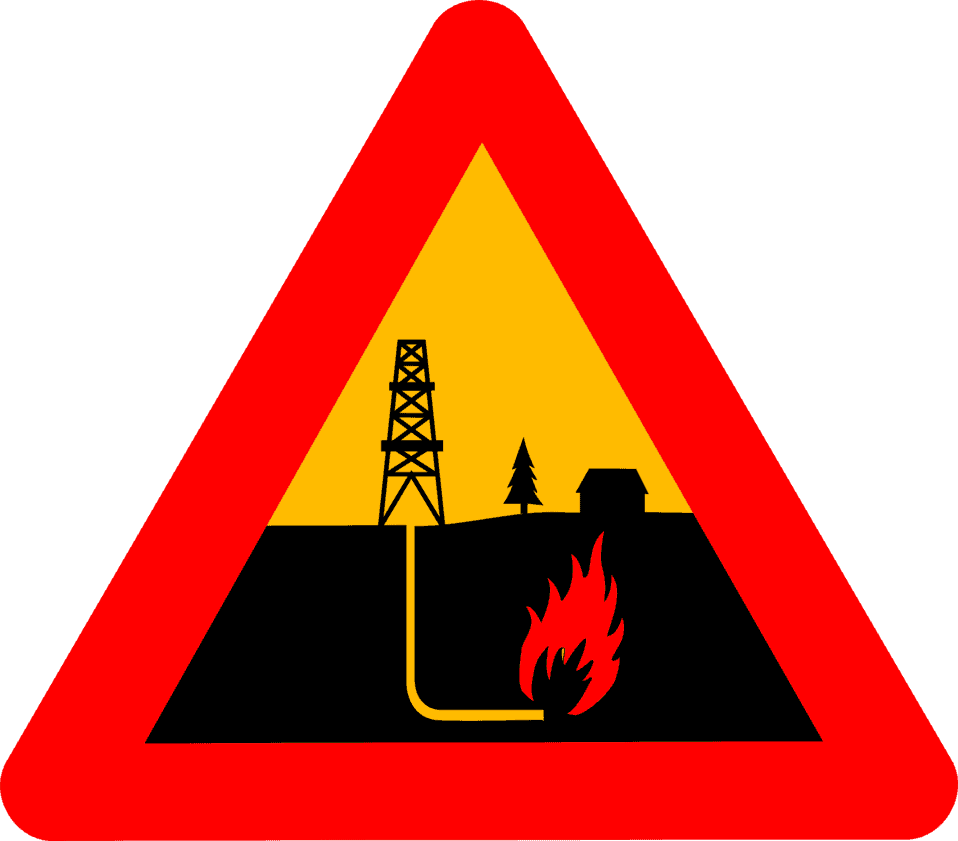Leaky pipelines cannot excuse
The vileness of your touch
As it seeps malevolently
From its ancient, grainy prison;
Your eccentric composition
Creating chemical fingerprints
That dance lightly across the
Soft and drifting breeze,
Masking your toxic presence
To finger innocuous fields
Of rice and herded scapegoats
With the legacy of your shame.
Blinded by the proceeds
That flow like pyrite from
Your snaking tendrils,
We welcome your loose embrace
Like a panacea to a sickness
That we no longer wish to cure.
Filling our skies and lungs with
Your filthy expirations until
It is too late.
Too late for you to crawl back
Underneath the rock from
Which you came.

This poem is inspired by recent research, which suggests that fracking may be responsible for the increase in atmospheric methane that has been observed over the past decade.
Methane is the second most abundant anthropogenic greenhouse gas after carbon dioxide, accounting for about 20% of global emissions. Over the last decade there has been a significant increase in the amount of methane emitted into our atmosphere, with previous measurements suggesting that this was due to an increase in emissions from biogenic sources such as tropical wetlands and animal agriculture. However, new research suggests that fracking is instead likely to be responsible for this increase.
Hydraulic fracturing – commonly known as fracking – is the process used to extract shale gas. Shale gas is a form of unconventional natural gas (mostly methane), and in the process of its extraction, some of it escapes into the atmosphere. The methane from shale gas is lighter than that from conventional natural gas, giving it a particular chemical composition, which matches that which has been observed in our atmosphere in recent years. The methane that is emitted from biogenic sources is also lighter, which explains why other studies attributed these sources to be the probable cause of any recent increase in global methane emissions. However, such estimates could not fully explain reports of increased emissions from fossil-fuel sources over this time period. By correcting earlier analyses for this difference, this new research suggests that shale-gas production in North America (where almost all of the global fracking occurred prior to 2015) has contributed to a third of the global increase in all methane emissions over the past decade.
An audio version of this poem can be heard here:
this is a very nice poem Sam!
As Wagner put it in one of his operas, probably Lohengrin: “Wahn, Wahn, überall Wahn!”
Thank you and have a nice weekend,
Rolf
Thanks Rolf!
And wonderful to be reminded of Wagner on a stormy Friday morning! 😀
This week again Sam, you have highlighted atrocities which destroy our beautiful planet for the financial benefit of few. Do these companies and goverments believe the planet is theirs to ravage and abuse as they wish with zero respect for the rest of the humankind, animal kingdom and mother nature. If we continue to destroy the world at the rate of the last 10 years, our future is extremely short and very sad as many species will become extinct and our seas and land barren. Thank you for your amazingly thought provoking poetry.
Thank you Beth,
That is really kind of you 🙂
I think that Fracking is going to be THE environmental disaster that defines the current generation of politicians. What is happening is already atrocious, but it is so poorly reported to non-experts.
I just recently read an article in Scientific American about how, shockingly, we’d be better off with more CO2 emissions. Obviously CO2 traps a lot of heat, but methane traps even more.